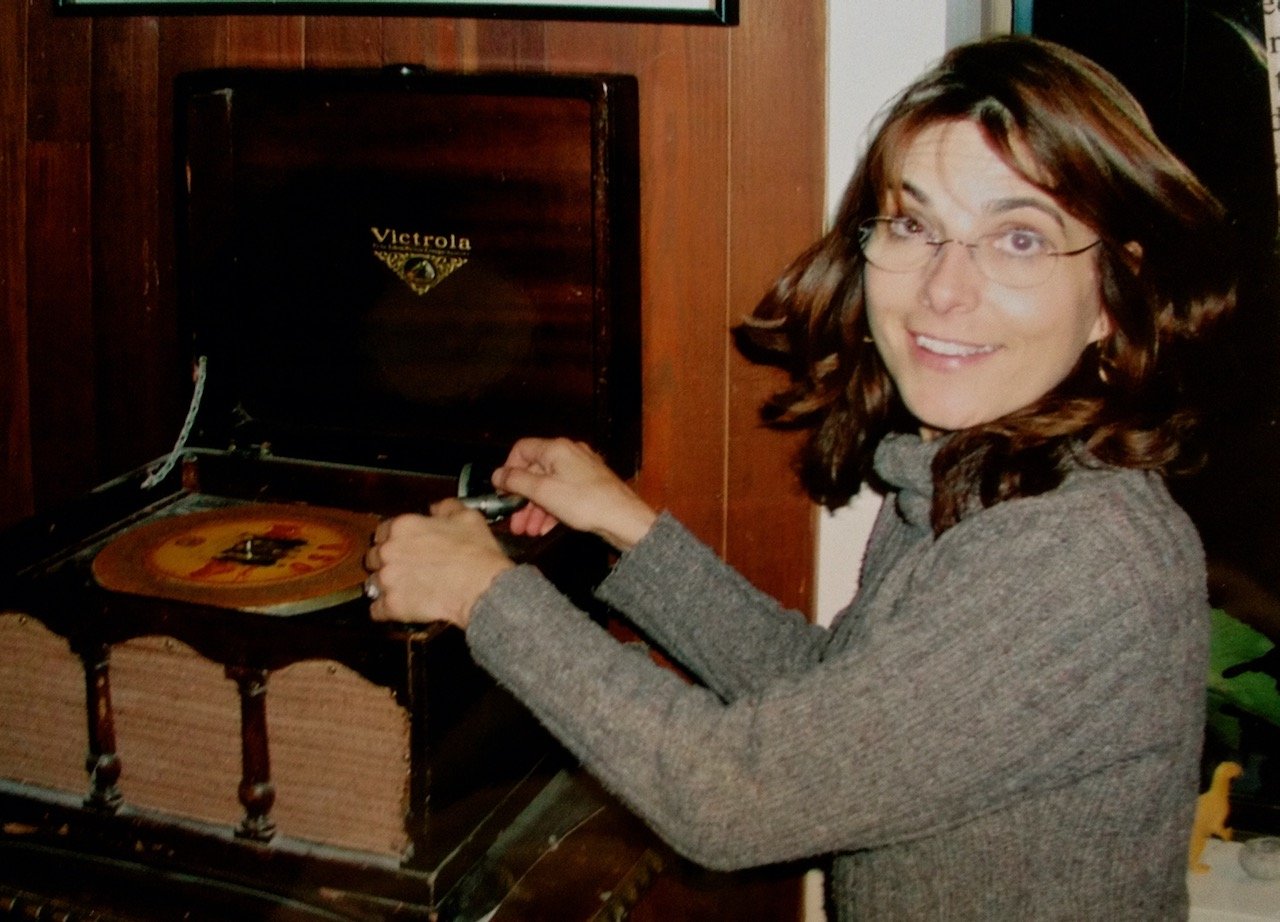Every Heart Has A Song
When I was a child of four or five, my father used to listen to old fashioned Neapolitan songs. They were sentimental, romantic, perhaps overwrought-- Italian schmaltz, as someone described them. But my father would close his eyes and allow them to transport him. One day, he came home from New York’s Little Italy with a new LP of songs sung by Luciano Virgili, with names like Piccola Santa, Addio Signora, Cuore Ingrata. The music filled the room, and I glimpsed in his response unfamiliar aspects of his identity--a different language, a yearning, a sense of who he was before he was my father, and of dreams he had long ago deferred.
Afterwards, lost in thought, he set the record down on the seat of an upholstered chair. I sat on that chair, heard an ominous crack, and feared that with the broken record, I had broken his heart, or perhaps incurred his wrath. Instead, he saw that I was scared, looked at me tenderly, and said: “I love you more than I love that record.” And thus he taught me about love, and I am forever fond of Italian schmaltz, and the sound of it takes me away.
I have been thinking lately about the songs that evoke the stories of our lives, prompted by something my daughter wrote on that theme. She was raised on a Gaviota ranch, but has lived in England for more than a decade, and a song she said was formative for her is one by the late folk singer, Kate Wolf, called The Redtail Hawk, which mentions in refrain “the golden, rolling hills of California.”
The song calls immediately to her mind a whole landscape––the way it smells, the quality of light, the warmth of the sun, her history here. And although my daughter is five thousand miles away, she writes: “This is the song that showed me how a few words, or a set of sounds, can capture a place, can recall it in such exquisite detail that it’s as if you’re there again whenever you hear them. And, equally, showed me that a place is something you can carry with you. A home is something you can, if you’re lucky – and I have been – carry with you.”
It's powerful magic, carrying a landscape in your heart, or a lesson in love, and a song can surely prompt it. Sometimes there’s a bonus of time travel, too. Our friend Bernard in England, for example, located his favorite song on his phone and played it for us at a dinner gathering. It was a chanson called La Mer sung by Charles Trenet, a wistful tune that expressed young Bernard’s mind set for the journeys ahead. I watched him close his eyes, swaying, carried away...and for a moment he was a teenage boy walking on the shore, his whole life in front of him. There was no timidity about tenderness here, either. I love unabashed sentiment. It’s the legacy of those Italian songs.
Time travel indeed: my father's voice is pressed onto a little disc recorded in 1942 when he was stationed at the army base Camp Cooke, before it was Vandenberg. He had gone into Lompoc to book railroad tickets, and detoured to a recording booth in the USO center. I have since been in that very building, now the Recreation Center on Walnut.
"This message will announce my homecoming verbally," he says. "I will be home around January 5. Until that date, I can hardly wait." He goes on to make jokes about KP duty, sends his love, and adds, "We're having a heck of a time trying to get tickets for a steam liner. By ten o'clock we will know whether we have succeeded..."
My dear friend and colleague Treebeard had a windup Victrola phonograph and played this record for me at 78 rpm more than seventy years later, and I will never forget the delight I felt hearing my father’s voice. When he discovers he has more time on the record, he sings––incongruously for a born and bred New Yorker––My Old Kentucky Home, but it’s a homesick song, so why not? Longing is a universal language after all, and home is a form of knowing that transcends time and place, and what we understand of love can be compressed and conveyed in a few invincible notes.
